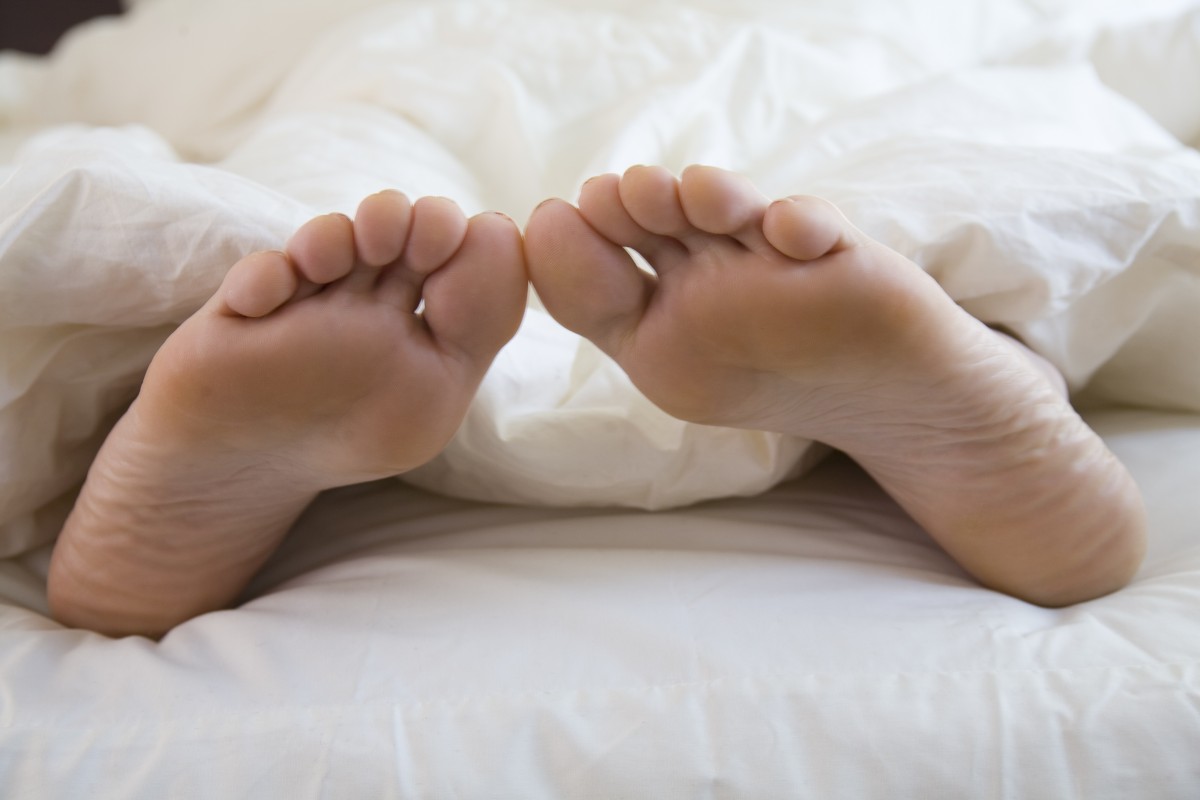
Throwing myself back into my standard working hours after a holiday period off has really made me think about how much we in the business world try to manage our sleep. We at DFC are able to set our own hours, but some hours are non-negotiable: my canine alarm clocks certainly don’t know the difference between four a.m. on a holiday and four a.m. on the day of an important client presentation. I do, and my quality of sleep is definitely different!
Because technology is advancing so quickly, we constantly find ourselves having to re-frame or re-approach ancient physical necessities like sleep. Over at The Atlantic, physician James Hamblin works through some of the big forces affecting sleep in our busy era. He comes uncovers some hard truths: some people are wired to excel on four hours of sleep, but most aren’t; and Red Bull can kill you!
But it’s not all doom and gloom. My favourite “hack” involves s deceptively simple action – putting your phone away at least an hour before bed. The sleep-killing effects of late-night screen time are well known, but Hamblin breaks down the brain science particularly vividly:
“When light enters your eye, it hits your retina, which relays signals directly to the core of your brain, the hypothalamus […] the interface between the electricity of the nervous system and the hormones of the endocrine system. It takes sensory information and directs the body’s responses, so that the body can stay alive.
Among other roles in maintaining bodily homeostasis—appetite, thirst, heart rate, etc.—the hypothalamus controls sleep cycles. It doesn’t bother consulting with the cerebral cortex, so you are not conscious of this. But when your retinas start taking in less light, your hypothalamus assumes it’s time to sleep. So it wakes up its neighbor the pineal gland and says, ‘Hey, make some melatonin and shoot it into the blood.’ And the pineal gland says, ‘Yes, okay,’ and it makes the hormone melatonin and shoots it into the blood, and you become sleepy. In the morning, the hypothalamus senses light and tells the pineal gland to stop its work, which it does.”
I’ve now taken to leaving my phone charging in another room as I sleep, and going back to a regular old alarm clock (remember those?) — for my bedside table, so I don’t blast my hypothalamus with blue light as I check the time. At the moment, I don’t feel the need to experiment with caffeine or melatonin, or any of the other interventions Hamblin describes. But you may — give the article a read and let us know what you think! Meanwhile, I will try reading it to Jill and Samson, to see if they will finally, finally understand what they are doing to me.